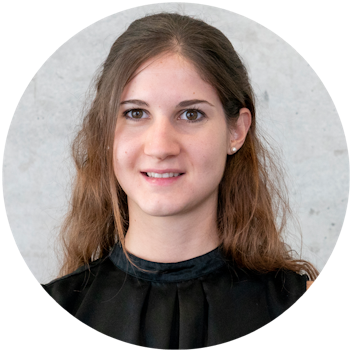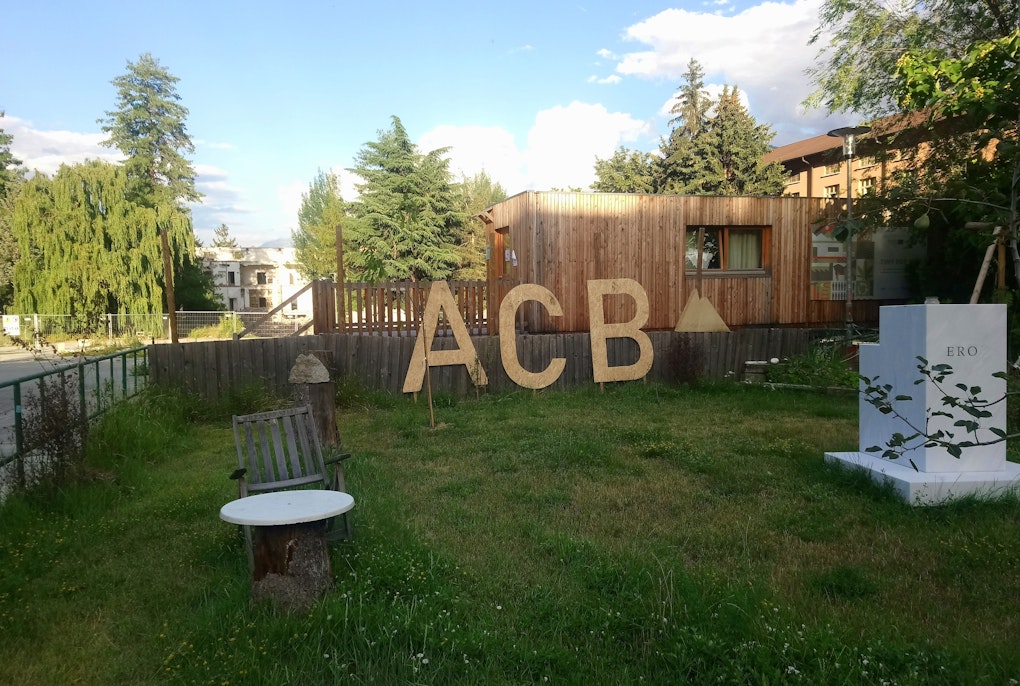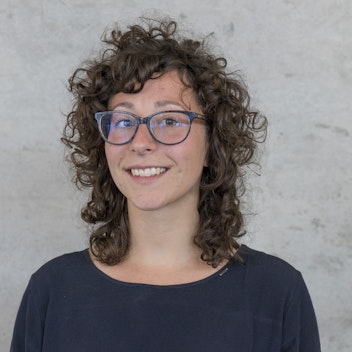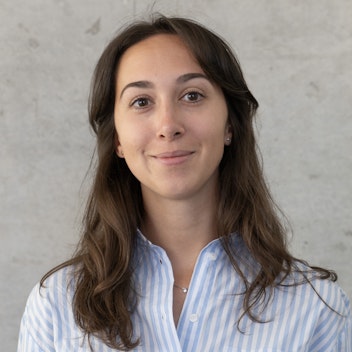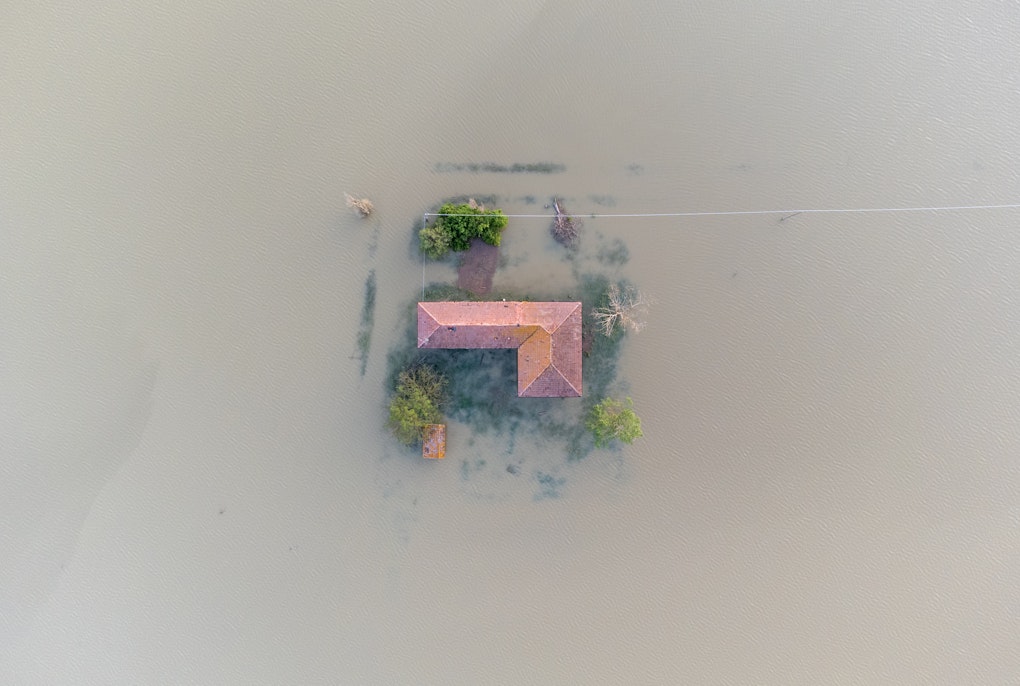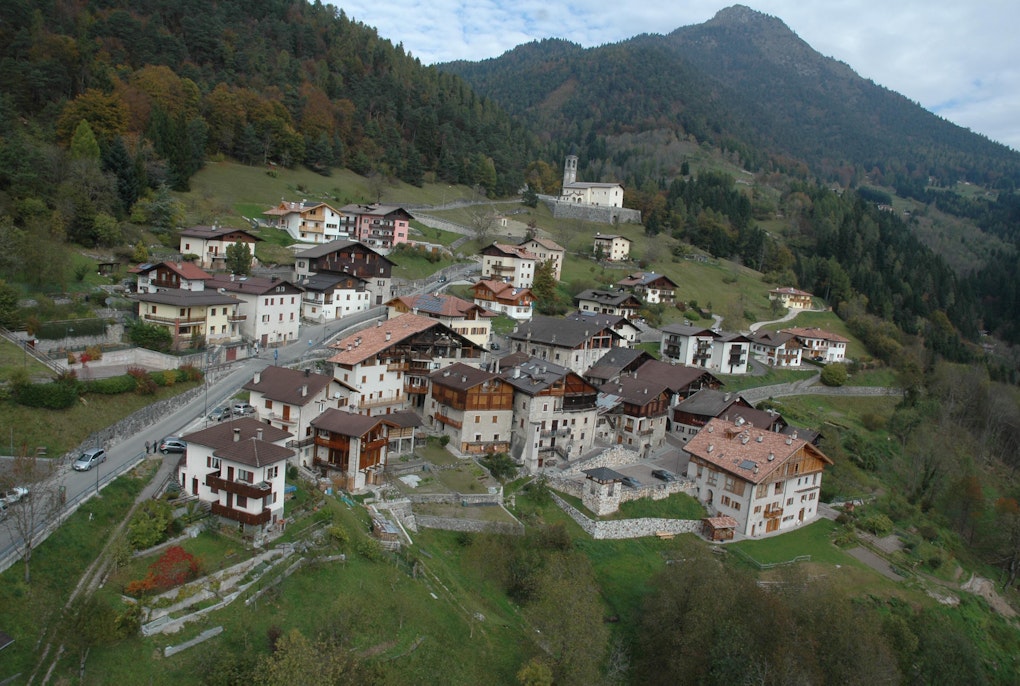magazine_ Interview
"Most of the time, those affected become the real experts"
Conversations between disciplines: interview with economic geographer Thomas Streifeneder and lawyer Eva Maria Moar.
Hailing from Germany, both have retained an observational view of South Tyrol - which in their case reaches deep into the gears of society: geographer and regional developer Thomas Streifeneder involves the people in valleys and villages as co-researchers, while lawyer and research manager Eva Maria Moar is very familiar not only with the provisions of autonomy but also with ways of thinking in administration. Both are constantly working on international networking because it inspires, motivates and immunizes against navel-gazing.
Mr. Streifeneder, you often work with research partners from alpine regions that are less well off than South Tyrol: many mountain regions are emptying out. How do you explain to them why things are different here?
Thomas Streifeneder: The fundamental factor is the great appreciation for rural areas that is rooted in history and with which the German-speaking population strongly identifies. This was reflected early on in political decisions: people recognized the importance of good connections and created decentralized jobs through the many industrial parks. And then, of course, tourism is a key industry; this is true for many Alpine regions, but there are only a few regions in Europe with so many and varied offers of "farm vacations". What we have in common with the other mountain regions, however, are the major challenges - demographic change, global warming, sustainable use of resources. Therefore, cooperation in international research projects is extremely important for the exchange of experience and contact with international expertise, as well as inspiration from successful examples in other regions. In many ways, South Tyrol benefits through its participation in international projects.
Ms. Moar, how much of the research budget that Eurac Research raises from support programs and funding goes to regional development?
Eva Maria Moar: You can’t really draw a sharp line between the two. Even regionally financed research does not always affect the region exclusively, and non-regional projects often also bring added value to the region - for example, when social buildings in Bozen/Bolzano are renovated to make them more energy efficient as part of a major project financed by the EU's research framework program. For a rough orientation I can break it down by program type for 2021: Of 143 ongoing projects which have received a funding contribution to Eurac Research of 40 million euros, about half were financed by regionally managed EU programs such as Interreg or ERDF, provincial or Euregio funded programs amounting to a total of 18.3 million euros. So, roughly half of the money came in through "regional" programs.
What kind of regional research does the EU currently tend to fund?
Moar: For the next seven years, one strong content focus is on green and, if possible, emission-free development, another is "networked Europe" - this concerns transportation and accessibility. However, the social aspect, social development and "social innovation" are always important as well. One no longer promotes pure infrastructure that is built independently of the population. Inclusion is a key element. The EU wants to ensure that the people who are to benefit from the project results are involved from the very beginning and can help shape the process. This begins with the question - what do we need solutions for? This claim, described with the buzzwords citizen science, now runs through all subject areas.
Meaning that citizens become co-researchers?
Streifeneder: Absolutely, up to now they have had far too little influence in the generation of knowledge. Most of the time, those affected usually become the actual experts. We see this time and again in our real-life labs and workshops - the people on the ground know exactly works and what doesn’t, and where the snags lie in a project. We scientists contribute the innovative methods and the holistic view. In recent years, we have had a great deal of experience with such participatory projects. Whether we are using the knowledge of women farmers to preserve old cultivars, developing sustainable circular economy projects together with local actors, or developing new forms of common land use that are oriented toward the common good.
Moar: This is also linked to acceptance - the research results are to be implemented and applied, and if people are seriously involved in the process that leads to the results, then you naturally create much better conditions for this. And this is not just about the general population, but also about all those who have responsibility in a particular area. At Eurac Research, this aspect is very present, because we work closely with the local administration so that good decisions can be made for the region - on a scientific basis.
You both come from Germany. Mr. Streifeneder, is it an advantage or disadvantage for a regional developer in South Tyrol to be an immigrant?
Streifeneder: I see it as an advantage to have retained an observational view of South Tyrol, whilst always following developments in Germany at the same time. Just as important, however, is the insider knowledge that we gain through close cooperation with local players. It takes both perspectives.
"A profound transformation is taking place in rural areas."
Thomas Streifeneder
You are a great lover of literature. Which novels have deepened your understanding of South Tyrol?
Sreifeneder: Josef Zoderer, Francesca Melandri, Marco Balzano - they and others have brought me closer to the region’s history and culture and opened up new perspectives on the complex relationship between the language groups. However additionally, in literature from other alpine regions, one finds impressively treated questions, which are just as valid for the South Tyrolean mountain world. An amusing and beautiful example is "Der letzte Schnee" (The Last Snow) by the Swiss author Arno Camenisch: the conversations of two elderly ski lift operators in the face of the lack of snow. In the course of climate change, there will be a discussion everywhere about which ski areas are still viable and which should be abandoned. And it's not just about numbers, but also about the psychology of the people in a valley. How will they deal with the changes? How do they think and act? This part of reality cannot always be adequately depicted by science or in all facets. Many say, the future lies in the countryside because it provides us with food and renewable energy as well as ecosystem services; what is certain is that a profound transformation is taking place in rural areas, which literature has quite different possibilities to illuminate and convey than a specialist publication. I'm very interested in that. With my Swiss colleague Barbara Piatti, a cultural scientist and literary geographer, we have developed a concept - rural criticism, with which we want to contribute to ensuring that such literature, which sensitizes people to the changes in rural areas and does not merely reproduce clichés, finds a larger audience. It’s an interdisciplinary approach combining science, knowledge, and literature.
Ms. Moar, has the position of immigrants affected your work in any way?
Moar: When I came to Bolzano 22 years ago, I first did research at the Institute for Minority Rights and dealt intensively with South Tyrolean autonomy. This, of course, quickly gives you an understanding of the historical and social conditions that lead to some things being the way they are, to some decisions being made this way and not that way. Despite this understanding, I think one retains a more distanced perspective. However, I soon switched to research support, a profession that was just emerging at the time. We have been working in this field for quite some time now with very positive outcomes. We’ve established a solid network with colleagues from all over Europe.
Preparing competitive applications for research funding seems like a time-consuming business - do you hear many complaints from scientists?
Moar: Acquiring research funding is part of a researcher's everyday life. Describing research projects is a job that no one can do except the researchers themselves. But we support them in administrative matters as far as we can. And we help them to adapt their research ideas as best as possible to the objectives of the funding programs, so that the applications have a better chance of success. Ultimately, the process serves to improve quality, and that's how most people see it. The requirements change over time - today's researchers also have to be good communicators, for example. For young people, that's already a matter of course.
Streifeneder: For my institute, I can say that it is a great effort, and the help from the research support team is invaluable. Not only in terms of administration: the critical exchange with someone who is not so familiar with the topics is always fruitful. Research support is a central factor in ensuring that we can be successful as a scientific institution on an international level.
Do you think it will become harder for South Tyrol to obtain funding for research projects in the future, considering that the region is comparatively wealthy, and many other regions are lagging behind in terms of research?
Moar: I don't see any problem with the EU-wide programs, as long as you have good ideas and deliver high research quality; the EU has an interest in ensuring that the partners in research consortia are very diverse, in terms of experience, culture and geographically, so that as much knowledge transfer as possible takes place and as many EU countries as possible benefit from the funds. However, there are also always funding programs where the idea of equalization, i.e. the harmonization of living standards, plays a role.
"In recent years, South Tyrol has seen a very positive development in research funding, an opening to the outside world."
Eva Moar
What makes you hopeful for the future?
Moar: In recent years, there has been a very positive development in the area of research funding in South Tyrol, because the regional government has concluded agreements with the German Research Foundation, the Austrian Science Fund and also with corresponding institutions in Luxembourg and Switzerland, so that joint research projects are now being funded. This networking and opening up to the outside world bring new opportunities for researchers to cooperate. South Tyrol can also contribute to research on a larger stage. That makes me very optimistic.
Streifeneder: I don't know if you can call me hopeful, but with regard to climate protection, we will have to get serious. In view of the impending catastrophe, there can be no more postponement. Here, too, it is worth taking a look at a book that explores the processes between reactionary and progressive interest groups. The urgency to act, especially politically, is vividly and knowledgeably illustrated in "The Ministry for the Future" by Kim Stanley Robinson. And since I am reading Karl Kraus - the great aphorist – let me conclude with one of his quotes: "Science does not bridge the chasms of thought, it merely stands in front of them as a warning sign. The offenders have brought it on themselves.
Eva Maria Moar
Eva Maria Moar is the head of the Research Support Service at Eurac Research. She studied law in Munich and Paris. When she's not taking care of legal aspects of research projects, she's whipping up magic in the kitchen, travelling Europe, or relaxing with a mystery novel.
Thomas Streifeneder
Thomas Streifeneder is an economic geographer and head of the Institute for Regional Development. He researches socioeconomic transformation processes in rural areas and is particularly interested in their representation in literary fiction (https:// www.rural-criticism.eu/). He usually spends his vacations on farms where, as with literature, private inclination is combined with professional interest. In 2018, he organized the first World Congress on Agrotourism.


